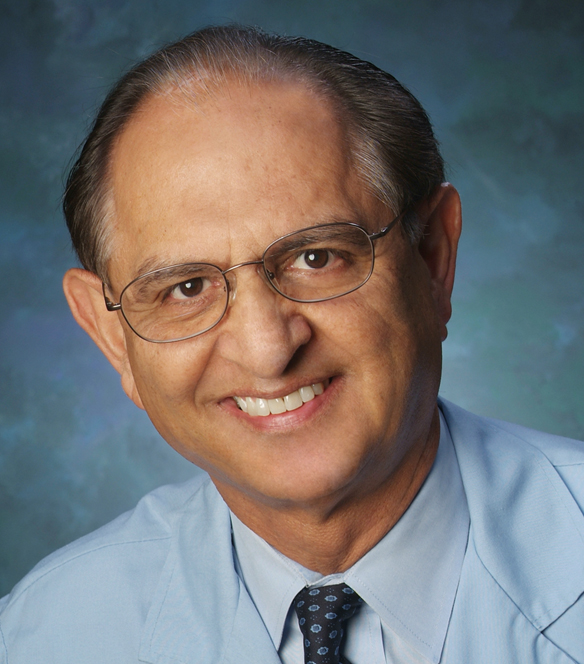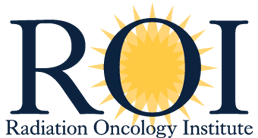Yashbir Mehta, MD, FACRO

The specialty of radiation oncology came to me by accident. I had originally planned to become a diagnostic radiologist and entered the general radiology program at Rush Medical College in 1968. During my training, I came to realize that I became a physician in order to take care of patients, not just to read films in a dark room. Fortunately, during my rotation in radiation oncology, I met an outstanding teacher, Dr. Frank Hendrickson, who interestingly was board certified in general radiology. He was the chairman of radiation oncology at Rush and was instrumental in influencing me to change my field to radiation oncology, where I had the opportunity to once again be involved with taking care of patients, which I loved and continue to love.
I am blessed to be a radiation oncologist and am grateful for the opportunity to be involved with the care of my patients. Many of my patients bless me for my service to them and I thrive on those blessings. I own two freestanding radiation oncology centers, and I have instructed my staff to accept all patients who come to us for cancer care irrespective of their ability to pay. It gives me great satisfaction to be able to provide service to all my patients, and I am blessed to have a fantastic staff that shares in my passion for patients.
My son, Dr. Neil Mehta, similarly was not planning to become a radiation oncologist when he joined medical school. He intended to become a neurosurgeon and he had little knowledge of radiation oncology. However, during an elective rotation, he visited the department of radiation oncology at the University of Chicago, where he enjoyed the experience so much that he decided to pursue this field. He trained at the University of Chicago under the directorship of Dr. Ralph Weichselbaum and Dr. Samuel Hellman. He, too, is grateful that he has chosen this career, and it speaks volumes to our specialty when our children follow in our paths.
When I started practicing in radiation oncology in 1972, we were the primary oncologists for our patients and we directed patients to medical oncologists when we deemed appropriate. It bothers me that this trend has reversed and medical oncologists are now considered the “real cancer doctors” and we are deemed “radiologists” and not oncologists. One of the reasons I feel passionate about supporting our Society is that we need to continue to “train” our colleagues in medical oncology to understand that we have important contributions in the care of cancer patients and are not merely technicians delivering radiation treatment under their direction. Instead we should work more collaboratively to provide the best patient care. I believe our Society needs to train our young radiation oncologists to be clinicians and not just to be computer savvy and technically competent doctors. Our patients need our human touch when dealing with such a life affecting disease. I believe when we continue to emphasize hands-on care, our specialty will continue to serve our patients better than ever. For these reasons, we need to continue supporting our Society and the Radiation Oncology Institute as our field does play, and will continue to play, a vital role in the management of cancer patients.
Besides my passion about our specialty, my wife and I are involved in multiple philanthropic endeavors including sponsoring the education of multiple children from my birth country of India and in some African nations. We feel proud that in some small part we are contributing to the general welfare of humanity. We also support the welfare of mistreated and battered women in the Chicago area.
I am also an avid golfer. I think golf is an awesome game that teaches us how to live life with honesty, discipline and dedication.
Long live radiation oncology.














